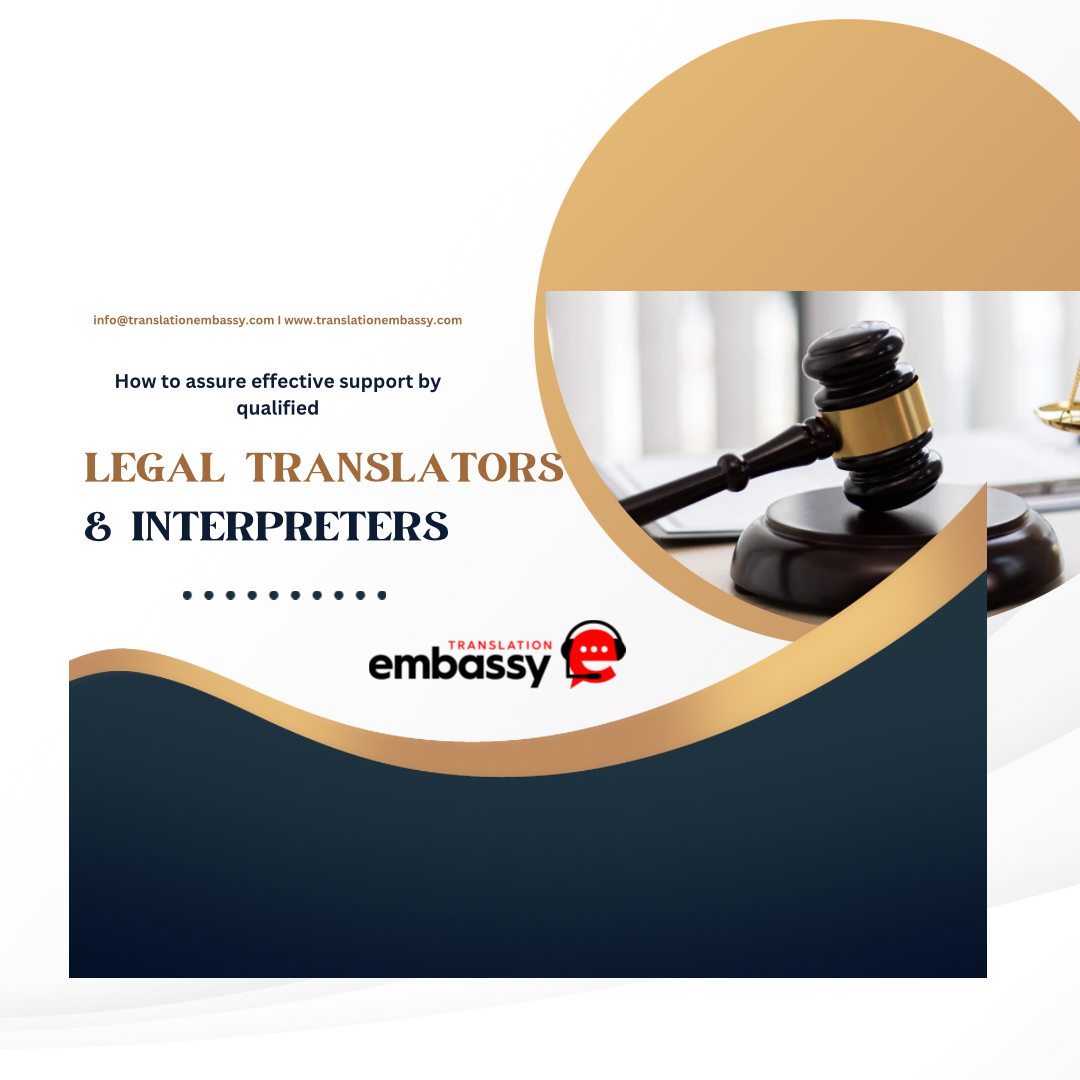Are you a lawyer working with international clients? Do you need interpreting services to handle your clients’ affairs but you feel insecure about the ability of the interpreters to manage complicated topics and deliver utmost quality, as required by critical legal matters?
It’s a common phenomenon for legal practitioners to doubt about the efficacy of our services, but don’t worry. We know how to dispel your doubts and make you feel secure. The reason why our team is usually preferred by legal experts is because we like going the extra mile to consult them about how things should be done and what steps need to be taken on their end in order to ensure accurate interpreting services of premium quality with confidence in every case.
In this newsletter, we’ll share some of our tips to help you do a proper management next time you work with an interpreter.
The impact of preparation on service quality: the importance of briefing the interpreter
As pointed out in previous articles, interpretation is done in real time. When I am on duty at a trial or a meeting I need to understand what is being said, decode the messages and recode them in another language. All this happens within fractions of a second. The people involved in the discussion depend heavily on me and they are anxiously waiting for my explanations. My understanding of the transmitted messages needs to be super-fast. But how easy is it to decode instantly complex and critical legal notions in your brain and quickly find the accurate words in another language to explain a message?
It’s not easy at all. If the first time you realize the scope of the discussions is when you actually go to the meeting, your understanding may be slower and this can lead to delays in the procedure. The worst-case scenario though is when you recode the messages without previously ensuring a robust understanding, due to the pressure you usually feel when everybody is impatiently staring at you.
To solve this problem we need a robust preparation beforehand. We can’t simply wait to arrive at the meeting to understand which aspects is the discussion going to touch on. We need to familiarize ourselves in full with the topic before we go there. A large part of the understanding and terminology searching processes in our job actually takes place during the preparation. And this is where your input as a client plays a crucial role.
From your position as a legal expert you are usually the main coordinator of a case. This makes you the most appropriate person to brief the interpreter in detail about what is going to come and support their preparation efforts. But what do I mean by briefing? The magic word to retain here is “detail”.
When legal firms ask for my help, they usually require an interpreter with experience in legal matters. But what is a legal matter? What exactly is the case going to be about? Is it a divorce and child custody issue? Is it a merger or an acquisition of a business? Is it a criminal code offence? An intellectual property dispute? The sender of the request does not or cannot usually specify. Yet, the legal field is very broad and each separate subsector has its own different nature and characteristics. A good preparation requires your detailed and precise feedback, as well as confidential access to important case documents we need to study in the context of our work. You can’t simply commission an interpreter with general instructions and expect miracles. No matter how good I am at my job, my personal skills cannot cure the lack of information here.
Interpretation is not a miracle work. It is a calculated procedure which contains several variables. Some variables depend on me and some variables depend on you. If we manage to adjust all the variables correctly, then nothing can go wrong.
So, if you worry about the efficacy of your interpreter’s performance, it’s worth taking the effort to learn how you can adjust the variables in your control as well. Our team can guide you through this.
——————————————————
About the author:
Maria Xanthopoulou is a trained translator and interpreter with an academic background in law as well. She is the manager of Translation Embassy, an agency specialising in supporting legal professionals with linguistic services. Her team consists of top-notch, experienced translators and interpreters who specialize in the legal domain.
We can support you and your clients by offering:
- Court interpreting
- Liaison interpreting for notaries public
- Onsite and online interpreting for official meetings with lawyers
- Translation of specialised legal documents
- Official translations for submission in Greek public authorities
- In-person or remote interpreting for legal conferences, training seminars or other events
Sounds interesting? Then let’s get in touch and discuss how we can work together.
Email: info@translationembassy.com


